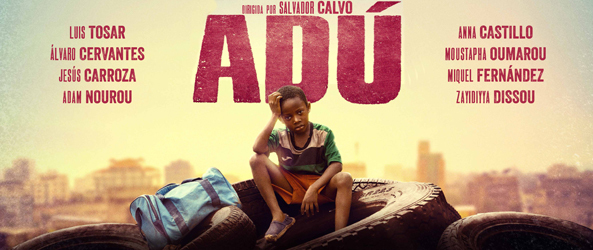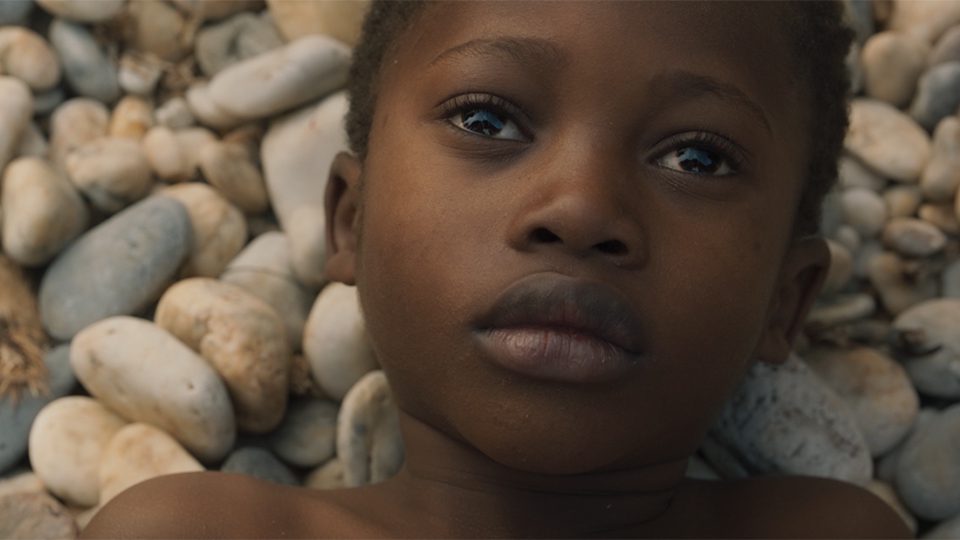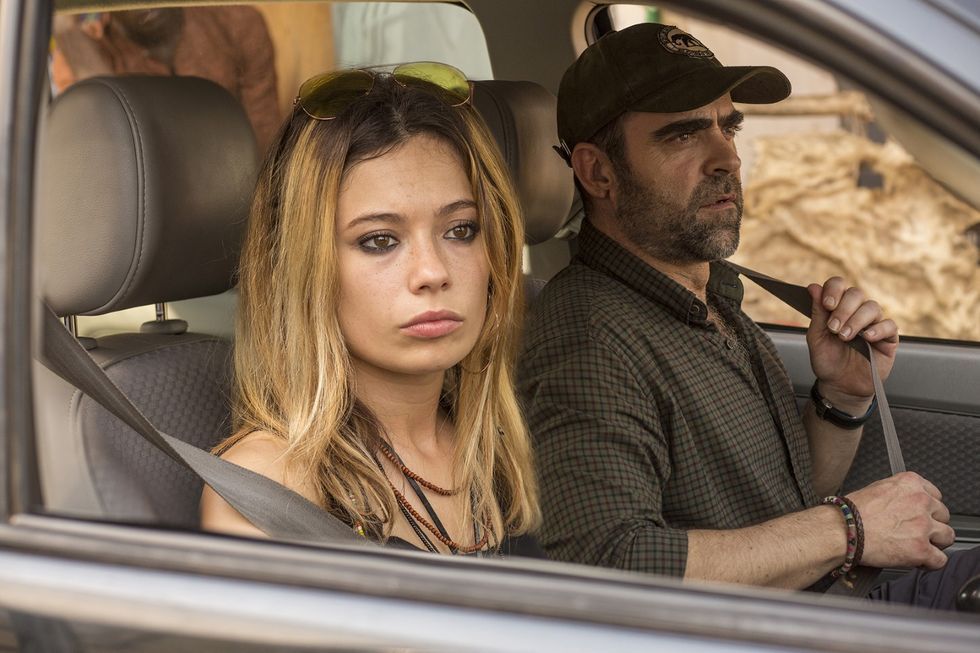
«Adú» (2020): Review
MAGIC.
Adú is a Spanish directed film by Salvador Calvo; starring Moustapha Oumarou (Adú), Luís Tosar (Gonzalo), Adam Nourou (Massar), Anna Castillo (Sandra), Álvaro Cervantes (Mateo), and Zayiddiya Dissou (Alika) amongst others. This movie shows us the story of how little Adu tries to enter Europe, looking for a better life away from his home country in Cameroon. We embark on a piercing trip; both mentally and physically, as we get to see an uncomfortable reality that happens every day when immigrants from Ceuta and Melilla desperately try to get to Spain. Released on the 31st of January 2020, the movie is available to stream on Netflix.
WHAT'S GOOD ABOUT ADÚ
This film perfectly shows us the hell that millions of people; where more than 70 million in 2018 abandoned their homes in order to have the possibility of getting a better life, only half of them were kids. While it is true that Adú’s character is present in order to show more sympathy for him since he’s only a little boy, it isn’t a cheap move on the writer’s behalf at all. It represents a reality that nowadays is very present; where millions of kids like Adú have to leave their families and see how people die while trying to get to a place where they just hope their lives will be improved a bit more.
It’s heartbreaking to see how little Adú has to face these problems by himself; witnessing his sister’s death, or how his friendship with Massar is stripped away right in the end. He’s a kid whose childhood has been robbed and there’s nothing and no one who’ll make it up to him; because he’s not the only one who’s in that position.
What differentiates this movie from others such as Yuli, is that the emotional moments are very well done. They stuck all the landings and transmitted exactly what the movie required them to. You get to feel what it is like to be clandestinely on a plane with your life on the line, or to be in cold waters with a rope as the only thing that brings you and someone else together with the same objective of reaching your next destination. Adú makes you feel anguished, nervous, relieved, sad, and empty. It makes you open your eyes and realize what is going every day.

It doesn’t waste any time and cuts straight to the point. You always feel that something is happening when Adú is with his sister or Massar. They’re always on the move and you barely have the time to take a breath. And that’s perfect, because that’s how it is in real life. You don’t have time to rest when you’re looking how to get to Europe. What matters is that you make it.
Adú makes you anxious by watching how a taxi driver wants to abuse Adú by locking him up. It makes you feel nervous when Adú and Massar escape the police van and are constantly hiding. You feel relieved when you see that after being all alone in cold waters, Adú is rescued and reunites with Massar. It’s sad to see how Adú desperately shouts in vain when he realizes that he’ll never see Massar ever again. And finally, you feel empty when you understand that despite all of Adu’s efforts to escape Cameroon aren’t fully rewarded, as he ends up in a center for teenagers. He wakes up and sees that everyone is in the same position as he is. And unless something really strange happens, he’ll spend a lot more time there.

The film has three stories going on at the same time: Adú’s, Mateo’s, and Gonzalo’s. All of these stories help us see both sides of immigration; where Spanish policemen have to deal with massive waves of immigrants trying to get over the fence in Melilla, lots of times counting with less staff than what they really should. For Adú, the movie tells you what steps the immigrants have to follow in order to just arrive at the fence.
As for Gonzalo, his daughter’s life is shown to compare it to Adu’s. Gonzalo tries to help Sandra become a better person, despite her showing signs of arrogance. We see that while being in a country similar to what Adu had to live in, she has so many commodities that the locals can only dream of having. It all depends on what we have internalized as common, and we only realize what we have until we lose it.

WHAT'S NOT SO GOOD ABOUT ADÚ
I have to admit that I really don’t understand what Gonzalo and Sandra’s characters are in the movie for. Regardless of how good of an actor Luis Tosar is and how good Anna Castillo’s performance is; I really think that this subplot was poorly done, and I don’t think the movie would’ve suffered too much had it been removed. We know that Gonzalo is there because he wants to save elephants, but he doesn’t get to do much in this movie. He appears at the start and then randomly pop us from time to time.
I get that the intention was to show the contrast between Adú and how ungrateful Sandra can really be; as well as the parallel in the end with Sandra crossing the border to go back home, while it’s the opposite for Adú. But I think that this contrast could’ve just been done with the Spanish police in Melilla. That’s the only thing I can really point out as a negative for this movie. Maybe I haven’t fully understood these characters purpose in this fil, but as for now, this is the only thing that stops this film from being a 10/10.

IN CONCLUSION
Adú is a film that shows us a very uncomfortable reality that lots of times we rather forget about but is necessary to be reminded from time to time. It has a fantastic direction, with beautiful shots and remarkable acting from everyone. Its only weak point is Gonzalo and Sandra’s subplot, which could’ve been done much better. Nevertheless, a fantastic movie that deserves to be watched.
VERDICT: 9/10

